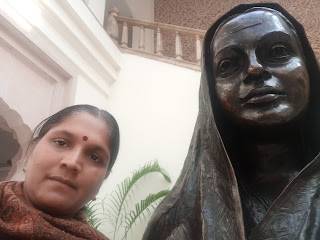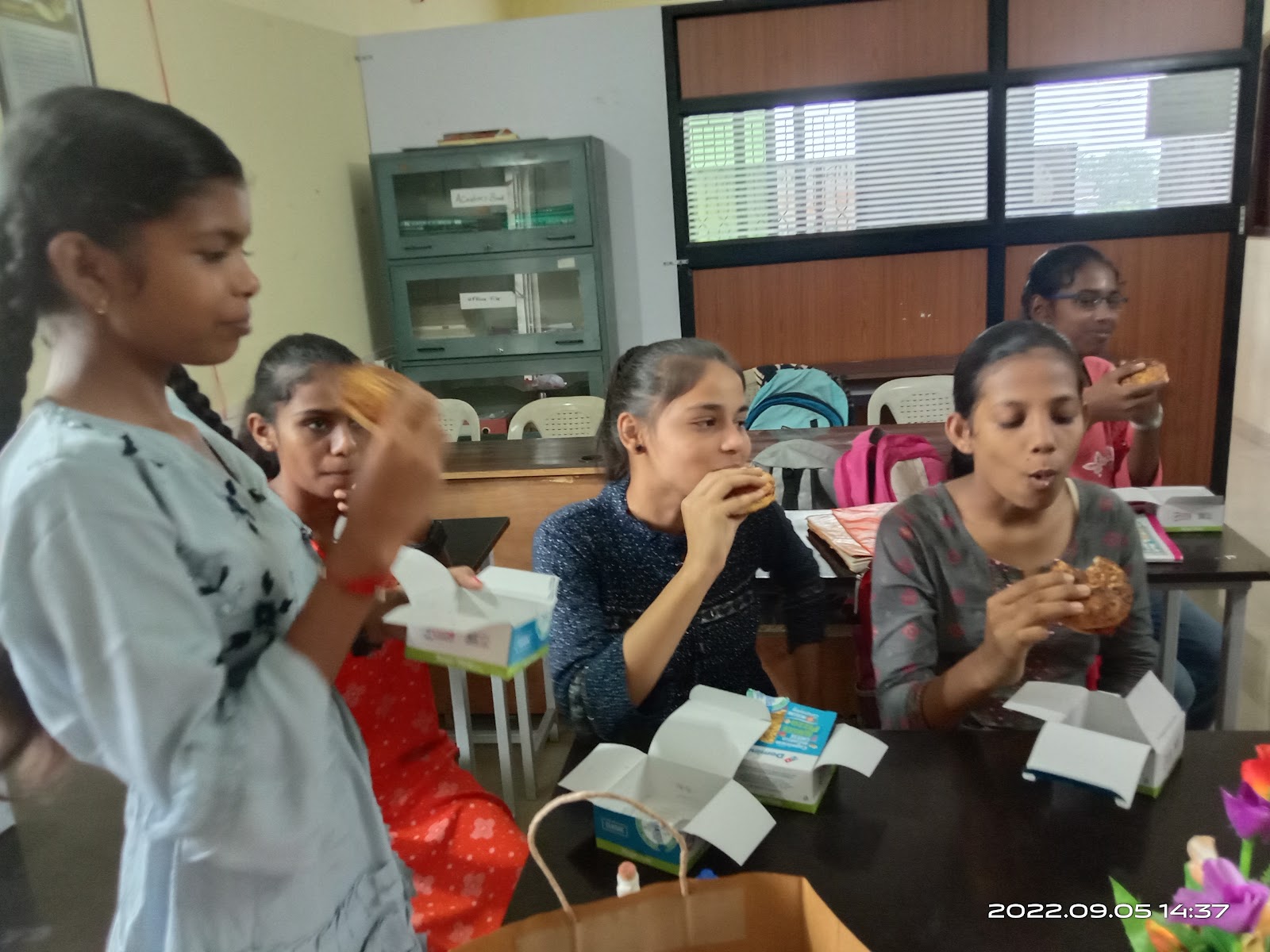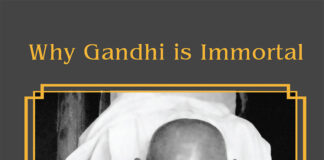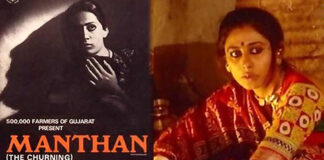
Becoming a Teacher of English
इंग्रजी माऊली । इंग्रजी वैखरी । शुद्रांना उध्दारी । मनोभावे ।।
इंग्रजी माऊली । नाही मोगलाई । नाही पेशवाई । मुर्खशाही ।।
इंग्रजी माऊली । देई सत्वज्ञान । शुद्राला जीवन । देई प्रेम ।।
इंग्रजी माऊली । शुद्रांना पान्हा पाजी । संगोपन आजी । करतसे ।।
इंग्रजी माऊली । तोडते पशुत्व । देई मनुष्यत्व । शुद्रालोका ।।
इंग्रजी शिकुनी । जातीभेद मोडा । भटजी भारुडा । फेकुनिया ।।
Today I am reminded of these lines written more than a hundred years ago by Savitribai Phule, the pioneer of modern educatIon for girls, the pioneer of the feminist movement in India. In this poem she exhorts the Shudras, the women and the untouchables to learn English. She describes English as a mother who provides succour to the Shudras, restoring humanity. Most importantly she says – Learn English, break caste bondage, throw away shackles imposed by Brahmins and Bharuds.
Since April this year, I am teaching (or trying to teach) English through remedial classes conducted by Spark Institute (Elgar Pratishthan) in Mul for girls studying in class X. I can see how much the girls struggle to learn a language that is neither spoken at home nor in the community. Most of them fear the language because for years they lacked good teachers, good resources.
The girls and I are trying hard to strike a middle ground – the girls want to complete the syllabus before their board exams and I want them to lose their diffidence. For example last week we were learning idioms. They wanted me to dictate exactly one sentence per idiom given in the workbook while I wanted them to enjoy the wordplay, understand the real meanings and make their own sentences.
‘Why are you so hell-bent on completing the workbook?’ I asked, frustrated.
‘Because our teacher in school will abuse us if we don’t. We may even get hit by the duster on our hand,’ they replied.
Indeed to be a teacher, it is more important to know the student than to know the subject. Being a teacher is learning to adjust. So for now out of the two hours classes, we have started reading comics and storybooks in the last half hour. Many of the girls are yet to handle a dictionary confidently. Dictionaries, comics, storybooks, maps – things that are taken for granted in most well-to-do urban families – are yet to reach rural working-class homes.
Last Saturday, at the end of class the girls gathered around, chattering. ‘Please come on Monday. We are going to cut a cake,’ they said.
‘ Whose birthday is it?’ I asked.
They laughed. ‘ It’s teachers’day!’
I asked what I could contribute to the party.
Samosas? – No!
Kachoris? – Bleh!
Then? – Get us something new from the city. Burgers!!!
So today we teachers were warmly welcomed and hugged. There was a beautiful purple cake and burgers from Domino’s. Unfortunately there was a sudden downpour and some of the students couldn’t make it. Anyway, we all enjoyed ourselves thoroughly. The girls did what I love best about them – chatter and giggle continuously.
When I see my girls, I realise what a tough task Savitribai has set for them – first they have to struggle to learn English and then use English as part of the struggle! This means an equally tough task for me – finding some easy way to differentiate between gerunds and present participles, between metaphors and similes, between this and that.
But then, there are sudden delightful rays of hope. Today as I picked up a second piece of cake, Tanmayi said with a laugh “Temptation! You have temptation!” That one moment made my day.
-Paromita Goswami








